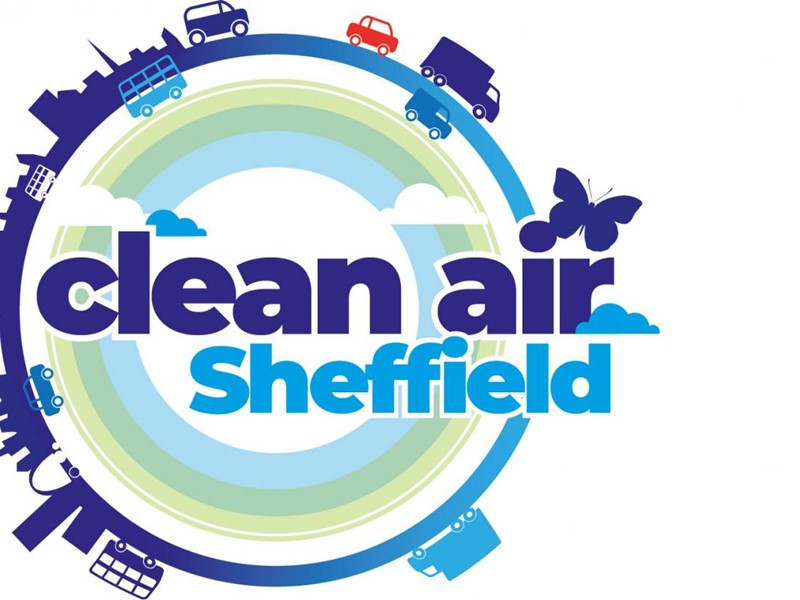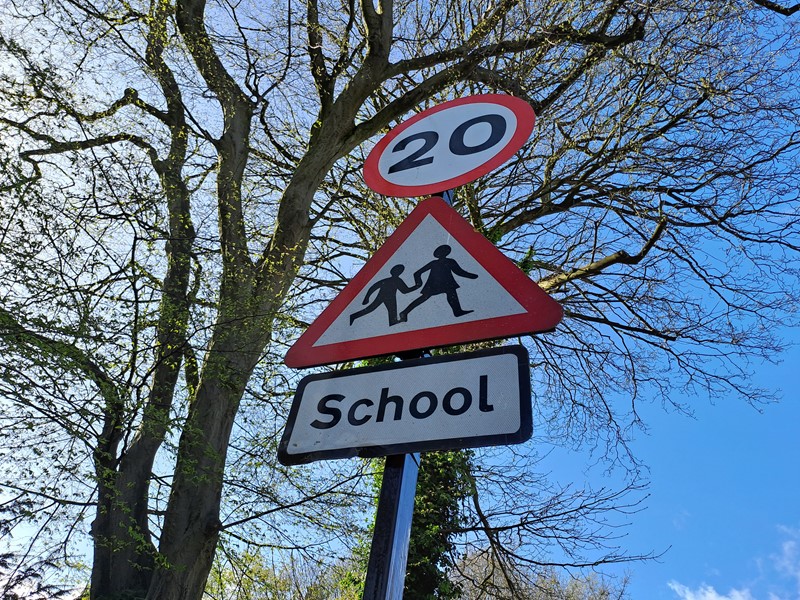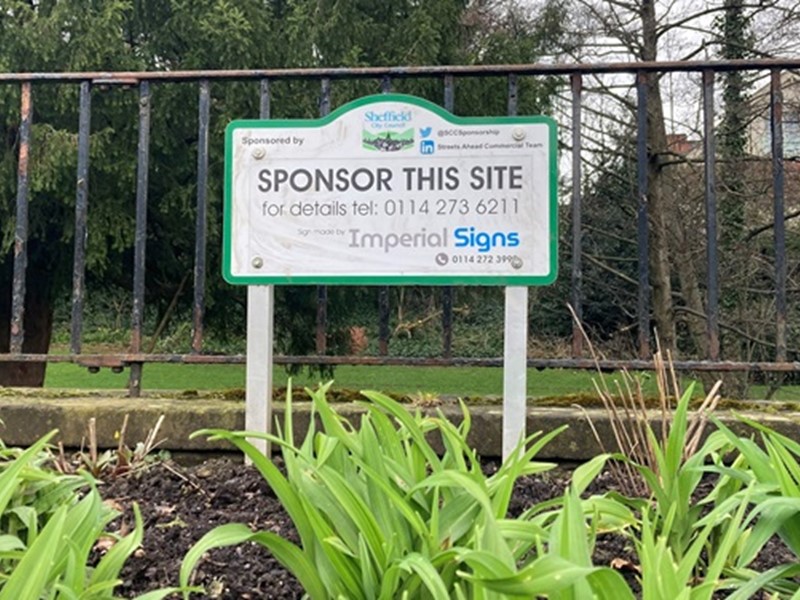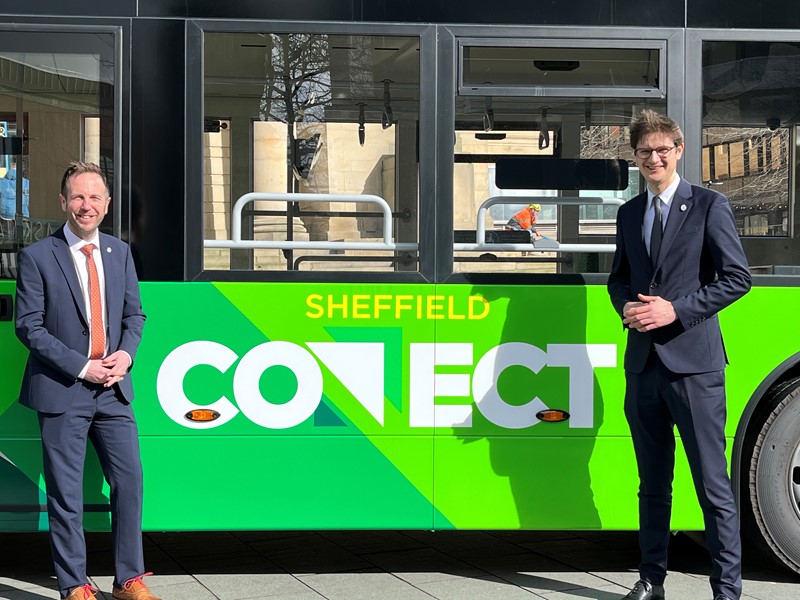Nearly 12,000 Sheffield residents and businesses have had their say on sweeping ...
Journey to have cleanest buses takes massive step forward
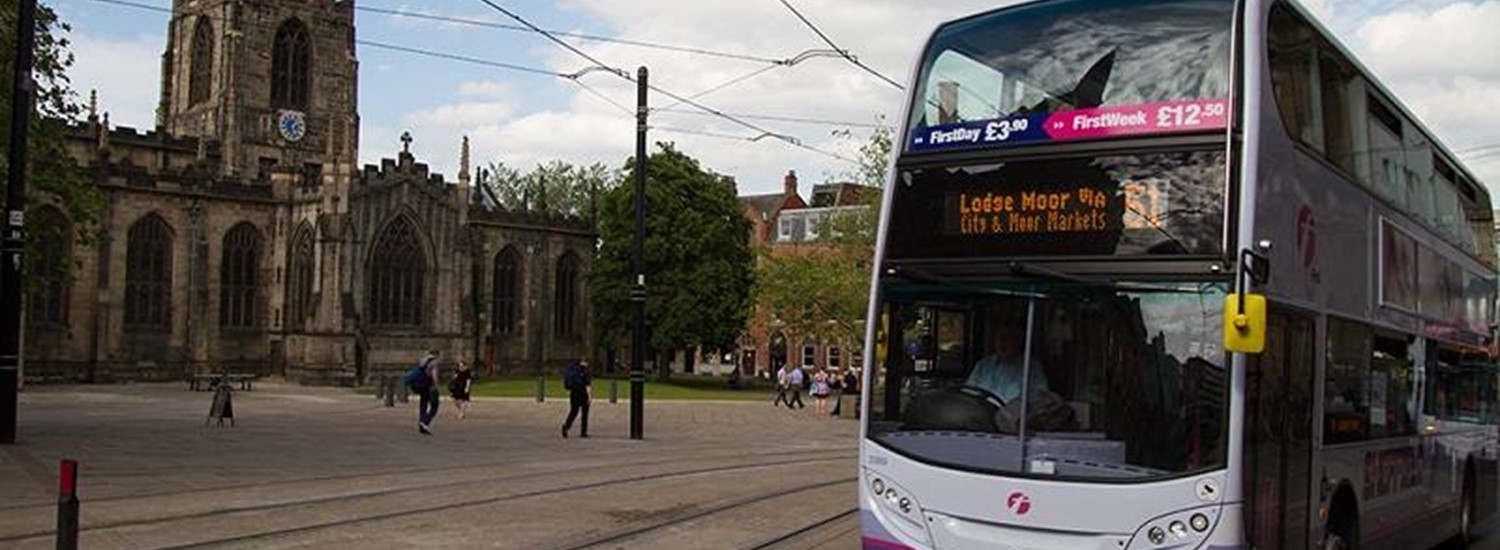
Sheffield’s buses will soon be among the cleanest in the country as the city drives forward its clean air ambitions with a £3m grant to upgrade engines in 160 more buses, reducing harmful emissions across the city.
Sheffield City Council has been awarded a further grant of £3m from Defra’s Clean Bus Technology Fund, which will be used to retrofit 160 buses – following last year’s announcement when nearly £2m was awarded and 123 buses converted.
Once completed, just 35 First and Stagecoach buses in Sheffield will need updating – which shows that the council is serious on its clean air ambitions, with a funding package currently being considered by the government.
Councillor Lewis Dagnall, Cabinet Member for Environment and Transport at Sheffield City Council, said:
“As a city we have urgent responsibilities to act on climate change and to improve our local air quality.
"This funding is a significant boost towards our target of a cleaner and greener bus fleet, and will lead to more than 90 per cent of the city's two largest bus fleets achieving Euro VI equivalent standard."
The £3m from Defra’s Clean Bus Technology Fund was the maximum amount of funding the council could have received. First and Stagecoach will provide funding commitments to the retrofit programme which means that no council funding is required.
The council’s Clean Air Zone proposals will be seeking additional funding to support further retrofits and alternative improvements to remaining buses, including support for smaller operators.
Once upgraded, the buses will produce less NOx emissions per kilometre than many types of modern car. The retrofit will reduce NOx emissions of buses to Euro VI standard, complying with standards set out in the council’s own ambitious Clean Air Strategy.
Upgrade work will be prioritised on the bus routes that travel through the worst pollution corridors. This prioritisation will significantly improve air quality across the city.
Garry Birmingham, from Buses for Sheffield, said: “We’re pleased with the news that additional funding is available to help reduce emissions in the city. We are committed to investing in current proven technology, by using solutions that modify our existing vehicles, which will enable the fleet to become ultra-low-emission and assist with improving air quality. These modifications are the quickest clean air solution for the region.
“By working together, local authorities and bus operators can make a real impact on congestion and air quality, provide better services for our customers, support local economies more effectively and ultimately help to increase passenger numbers. These are all parts of a virtuous circle; more passengers mean fewer cars on the road, less congestion and, in turn, improved air quality.”
The council has written to the government setting out its £50m proposals to clean the city’s air.
The council has set out its business case to government for how a Class C charging zone could look in Sheffield.
The Clean Air Zone will introduce charging for non-compliant buses, taxis/private hire, HGVs and LGVs to drive through and on the inner ring road and within the city centre from 2021.
The worst polluters would face the highest charges.
